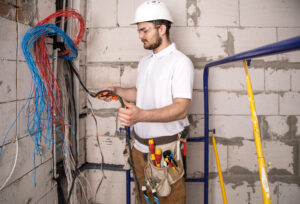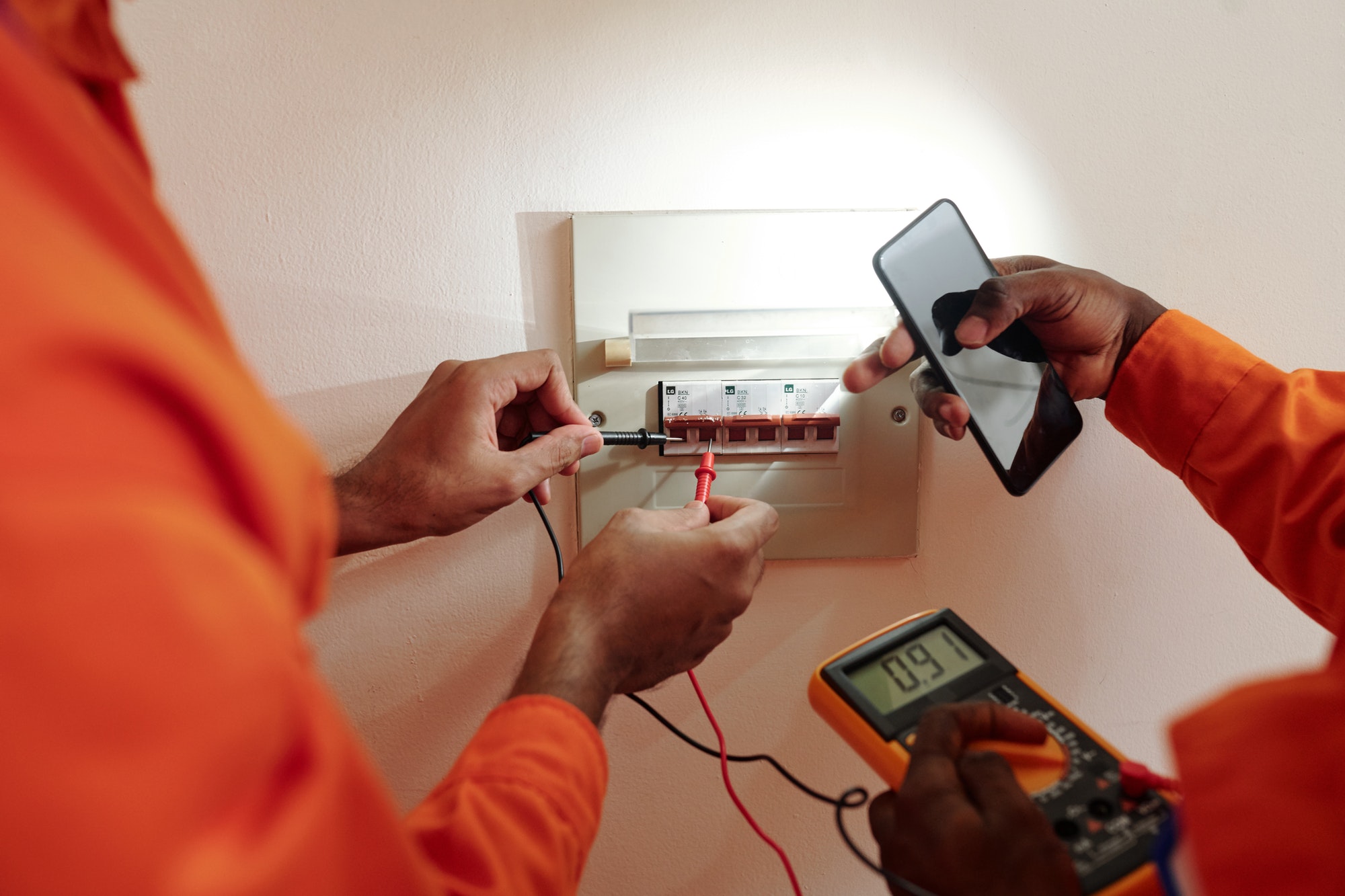Selecting the right alarm system for your home or business is a critical decision that impacts the security and peace of mind of occupants. With a variety of options available, it’s important to consider several factors to ensure you choose a system that meets your specific needs. Here are key factors to consider when selecting an alarm system for your property.
1. Security Needs Assessment
Start by assessing your unique security needs. This involves understanding the specific risks and vulnerabilities of your property.
- Property Size and Layout: Larger properties may require more sensors, cameras, and control panels compared to smaller ones. Consider the number of entry points, such as doors and windows, that need protection.
- Security Level: Determine the level of security you need. Basic systems may be sufficient for some, while others might require advanced features like video surveillance, environmental monitoring (smoke, CO2 detectors), and smart home integration.
- Risk Factors: Identify any particular risks associated with your location, such as high crime rates, and tailor your security system accordingly.
2. Type of Alarm System
Different types of alarm systems offer varying levels of protection and convenience. Choose the one that best aligns with your requirements.
- Monitored Systems: These systems are connected to a monitoring service that alerts emergency responders if the alarm is triggered. They offer high security but often come with a monthly fee.
- Unmonitored Systems: These systems trigger a loud siren to alert you and your neighbors but rely on you or someone nearby to respond. They are cost-effective but provide less immediate protection.
- Wired Systems: Hardwired into your property’s electrical system, these systems are reliable but require professional installation.
- Wireless Systems: Easier to install and expand, wireless systems use radio frequencies to communicate between devices. They are ideal for renters or those looking for a less invasive setup.
- Smart Systems: These systems integrate with smart home devices and can be controlled remotely via smartphone apps. They often include advanced features like video surveillance and automation.
3. Key Features
Identify the features that are essential for your security needs.
- Motion Sensors: Detect movement within a specified range and trigger the alarm if unexpected activity is detected.
- Door and Window Sensors: Alert you when doors or windows are opened.
- Surveillance Cameras: Provide visual monitoring and can deter intruders. Look for high-resolution cameras with night vision and remote access capabilities.
- Control Panel: The system’s central hub where you can arm, disarm, and manage settings. Ensure it is user-friendly and easily accessible.
- Remote Access: Allows you to monitor and control the system via a smartphone app or web interface, providing convenience and peace of mind.
- Backup Power: A battery backup ensures the system remains operational during power outages.
- Alerts and Notifications: Real-time alerts via SMS, email, or app notifications keep you informed of any security breaches.
4. Professional Installation vs. DIY
Decide whether you want to install the alarm system yourself or hire a professional.
- Professional Installation: Guarantees correct setup and integration with your property’s electrical system. It is often required for wired systems and can provide peace of mind.
- DIY Installation: Offers flexibility and cost savings. Many wireless and smart systems are designed for easy installation, making them suitable for DIY enthusiasts.
5. Budget Considerations
Consider both the initial and ongoing costs associated with the alarm system.
- Initial Cost: Includes the price of the alarm system, additional sensors, cameras, and professional installation fees if applicable.
- Ongoing Costs: Monitored systems typically require a monthly subscription fee for the monitoring service. Be sure to factor these costs into your budget.
6. Research and Reviews
Conduct thorough research on different alarm systems and read customer and expert reviews.
- Customer Reviews: Look for feedback on the system’s reliability, ease of use, and customer support.
- Expert Reviews: Professional reviews provide detailed analysis and comparisons of various systems, helping you make an informed decision.
7. Warranties and Support
Ensure the alarm system comes with a warranty and offers reliable customer support.
- Warranty: A good warranty protects your investment and covers defects or malfunctions.
- Customer Support: Choose a brand with responsive and helpful customer support to assist you with any issues or questions.
8. Integration with Other Systems
Consider whether the alarm system can integrate with other security and smart home devices.
- Smart Home Integration: Systems that integrate with smart home devices can offer additional features like automated lighting, thermostat control, and remote access.
- Expansion Capabilities: Ensure the system can be easily expanded with additional sensors, cameras, or other devices as your security needs evolve.
Conclusion
Choosing the right alarm system for your home or business involves careful consideration of your security needs, the type of system, key features, installation preferences, budget, research, warranties, and integration capabilities. By taking these factors into account, you can select an alarm system that provides the best protection for your property, ensuring safety and peace of mind. Investing in a reliable and effective alarm system is a crucial step in safeguarding your property and the well-being of its occupants.






